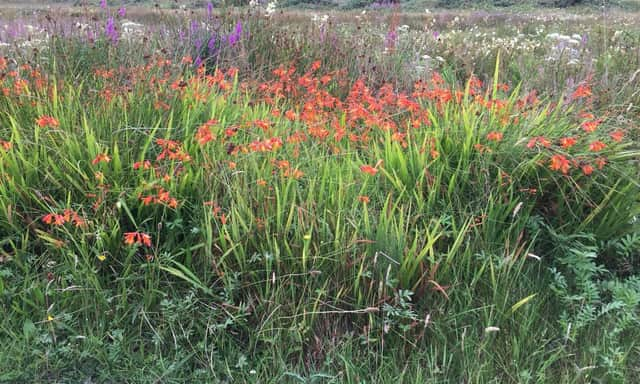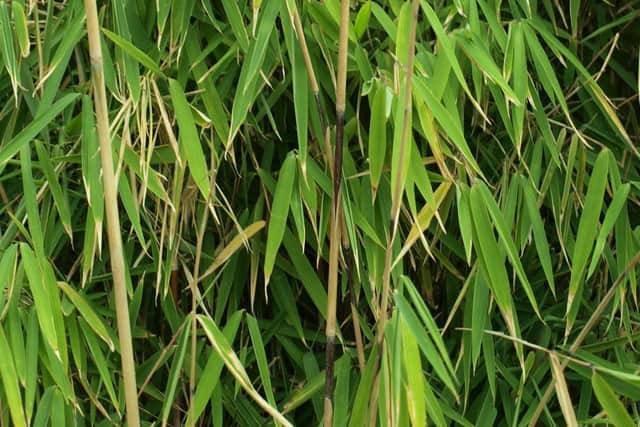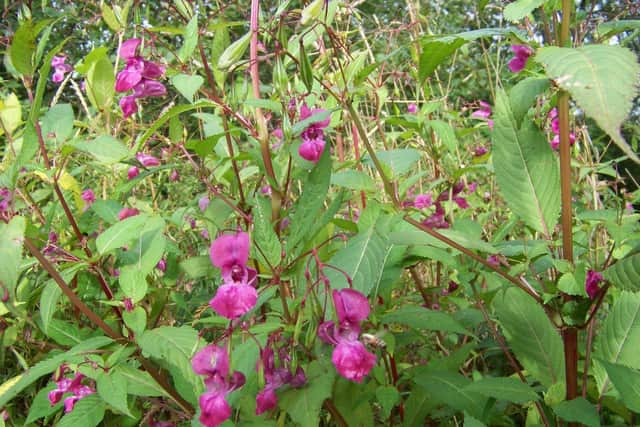South Shields gardeners warned over invasive plants - Japanese knotweed, Himalayan balsam, Japanese rose, montbretia, buddleia and bamboo all pose risk


Experts at the Property Care Association (PCA) say people can help contain a range of non-native weeds – such as Japanese knotweed – and prevent their potentially damaging spread.
The association says many popular garden plants are already potentially creating a potemntial significant ecological, environmental and economic burden.
Advertisement
Hide AdAdvertisement
Hide AdThey include Himalayan balsam, Japanese rose, Montbretia, Buddleia and Bamboo.


The PCA is issuing the appeal to coincide with Invasive Species Week.
Dr Peter Fitzsimons, technical manager of the PCA’s invasive weed control group, said: “Invasive non-native plants come in many different forms and sizes.
“Plants including Japanese rose and Montbretia might be a common sight in gardens across the country, but they are among a number of invasive non-native species, including Japanese knotweed, that ‘escape’ from gardens.
Advertisement
Hide AdAdvertisement
Hide Ad“All started out life as garden ornamentals but need to be managed and controlled to minimise their potential negative impacts on natural ecosystems.


Experts say non-native species can harm native plants, spread pests and plant diseases, impact on birds, insects and animals that rely on native plants, and even cause damage to buildings and the water, gas and electricity infrastructure.
The GB non-native species secretariat says: “Once established, invasive plants are costly to control and the damage they cause can often be irreversible.
“Pond and aquarium plants can be particularly devastating if they escape into natural watercourses or lakes.”
Gardeners can find out more at www.nonnativespecies.org/beplantwise or https://www.property-care.org/professionals/invasive-weed-control/manual-management-invasive-weeds/